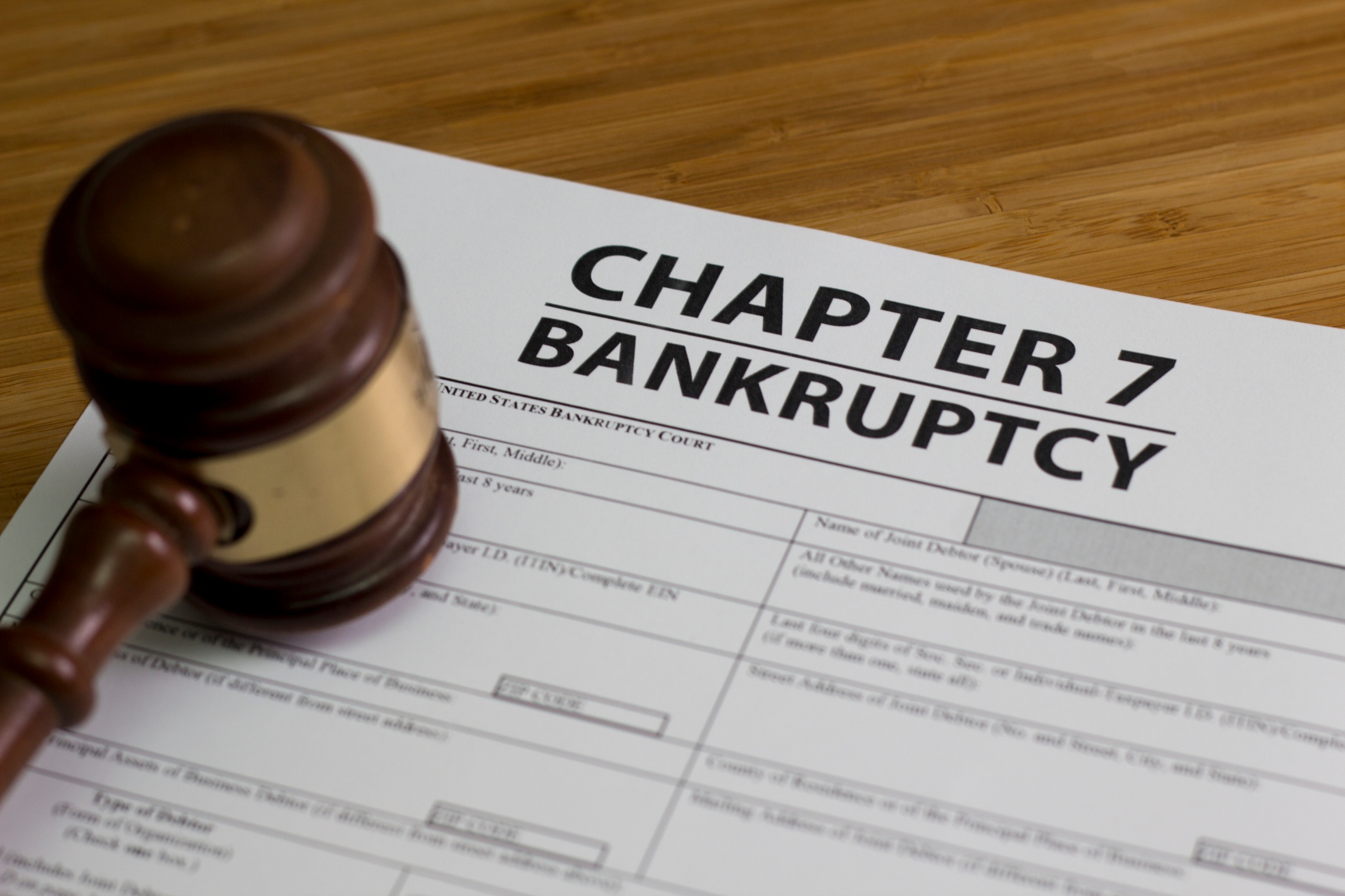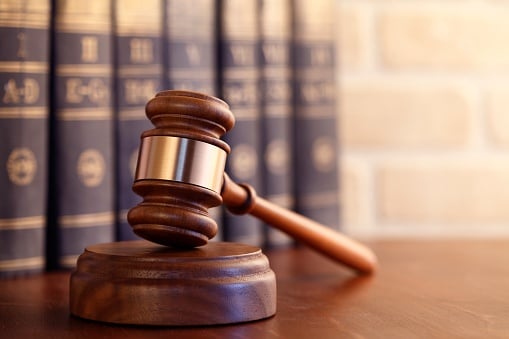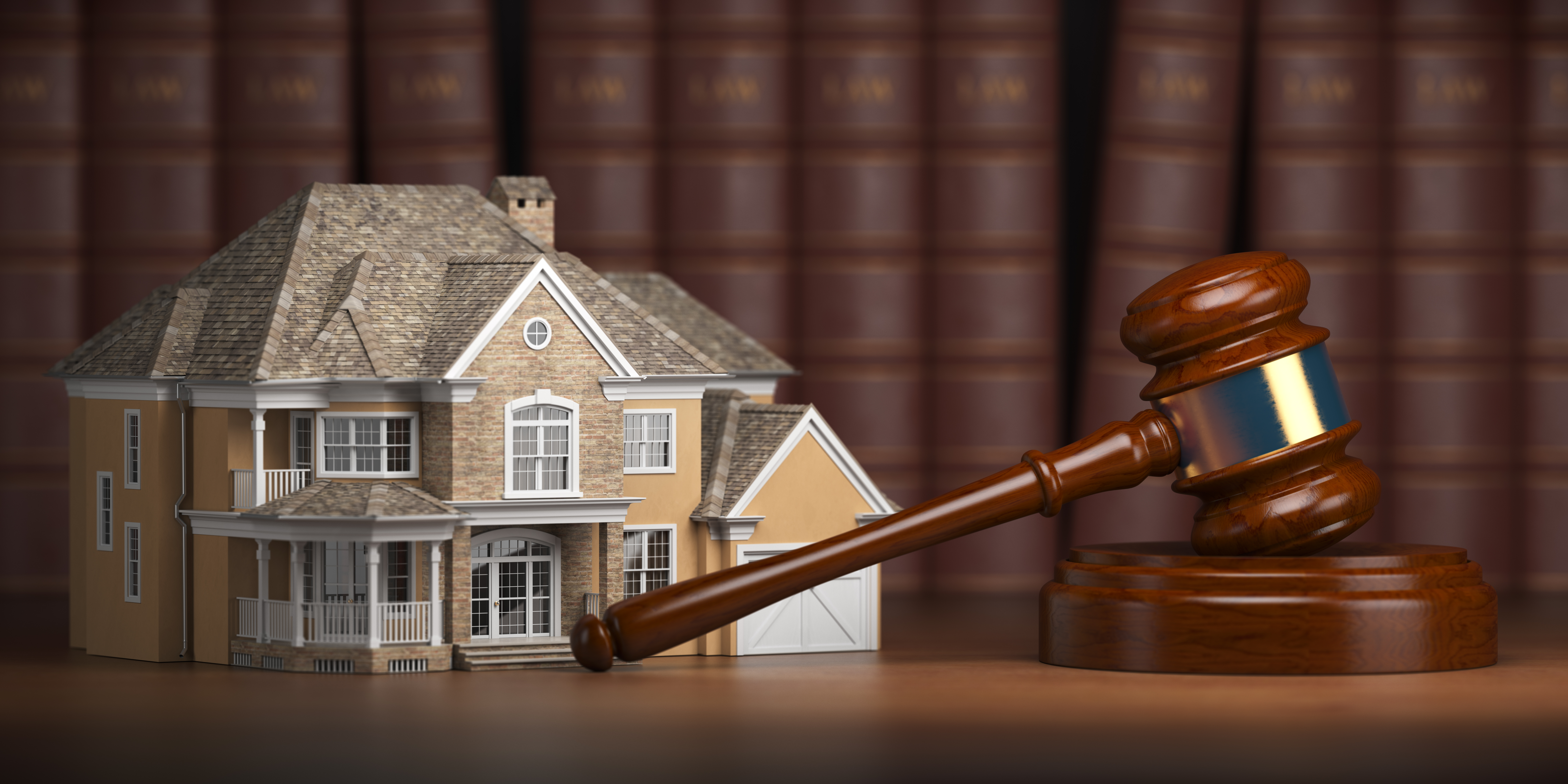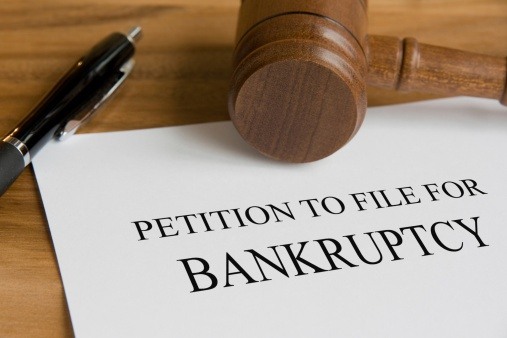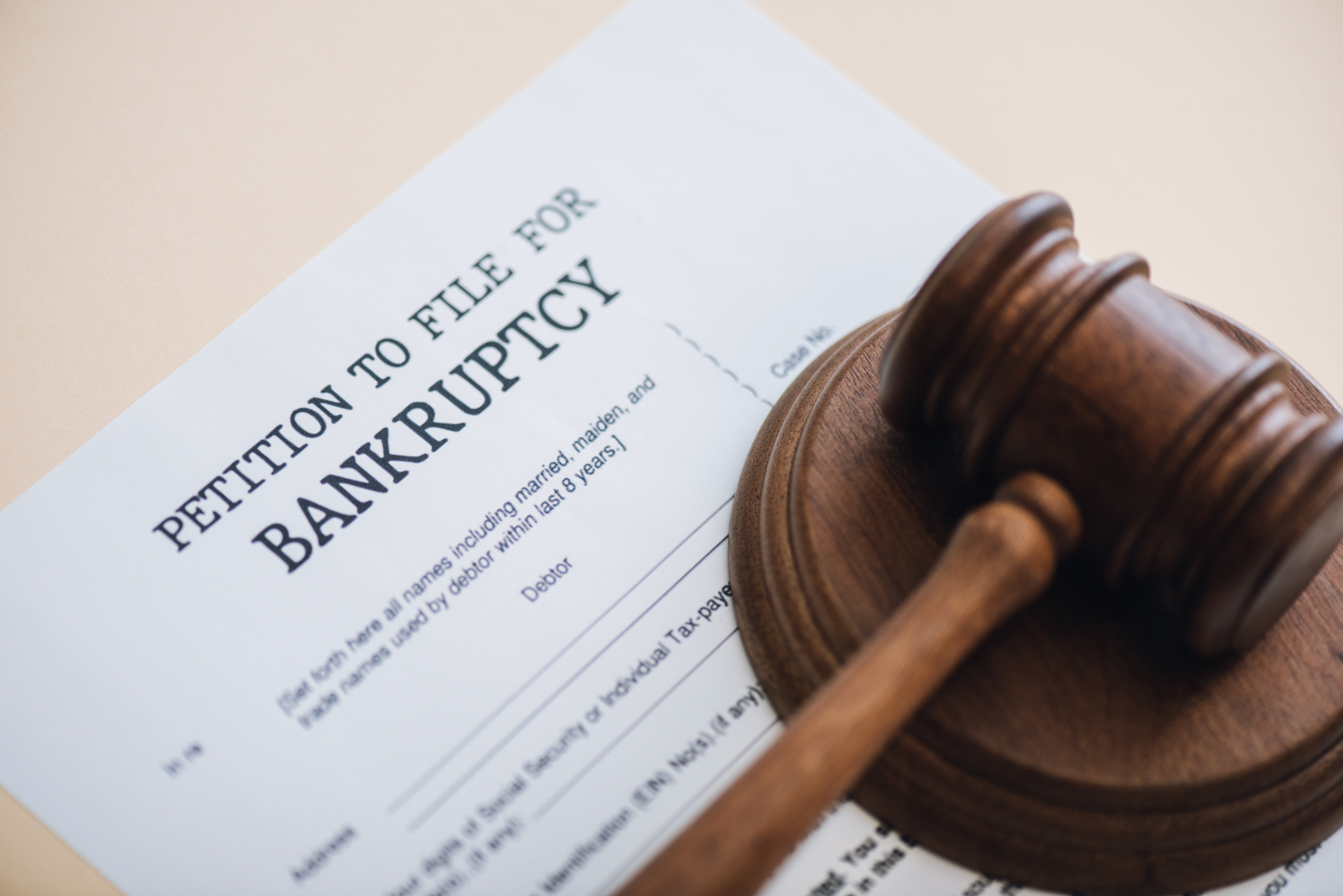In New Jersey Chapter 7 bankruptcy cases, a common point of confusion involves the treatment of judgment liens when the debtor owns no real property at the time of filing. Many debtors assume that a...
The numbers are clear, foreclosure activity continues to rise all across the country and New Jersey is no exception. According to ATTOM’s Mid-Year 2025 U.S Foreclosure Market Report, the percentage...
Gambling debts are more common in bankruptcy than many people realize. With the rise of online casinos, sports betting apps such as FanDuel and DraftKings, and fast paced digital gambling platforms,...
Anyone living in New Jersey knows the reality: real estate is expensive and only getting more so. While that can make buying a home difficult, it also means many homeowners experience significant...
At Scura, Wigfield, Heyer, Stevens & Cammarota, LLP, we understand the challenges immigrants face—especially those navigating both the U.S. immigration system and overwhelming debt. As a New Jersey...
Protecting Workers and Subcontractors in an Industry Full of Complex Payment Chains
Getting paid for a job is a pressing concern in the construction industry. With owners, general contractors, and...
Merchant cash advances can provide an easy solution to a small business’s cash flow problem. However, these types of loans are often seen as predatory and, in some states, usury. While it can be a...


